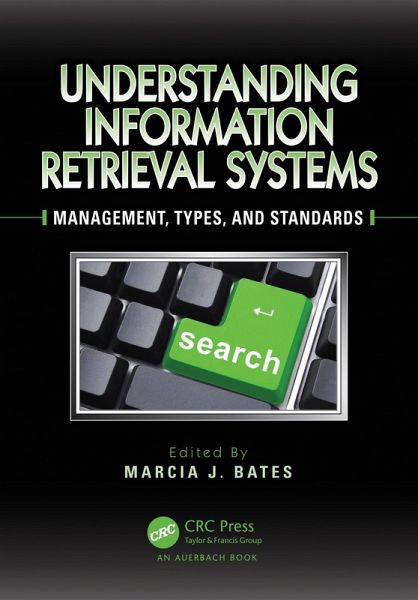
Understanding Information Retrieval Systems (eBook, ePUB)
Management, Types, and Standards
Redaktion: Bates, Marcia J.
Versandkostenfrei!
Sofort per Download lieferbar
133,95 €
inkl. MwSt.
Weitere Ausgaben:

PAYBACK Punkte
67 °P sammeln!
In order to be effective for their users, information retrieval (IR) systems should be adapted to the specific needs of particular environments. The huge and growing array of types of information retrieval systems in use today is on display in Understanding Information Retrieval Systems: Management, Types, and Standards, which addresses over 20 typ
Dieser Download kann aus rechtlichen Gründen nur mit Rechnungsadresse in A, B, BG, CY, CZ, D, DK, EW, E, FIN, F, GR, HR, H, IRL, I, LT, L, LR, M, NL, PL, P, R, S, SLO, SK ausgeliefert werden.













